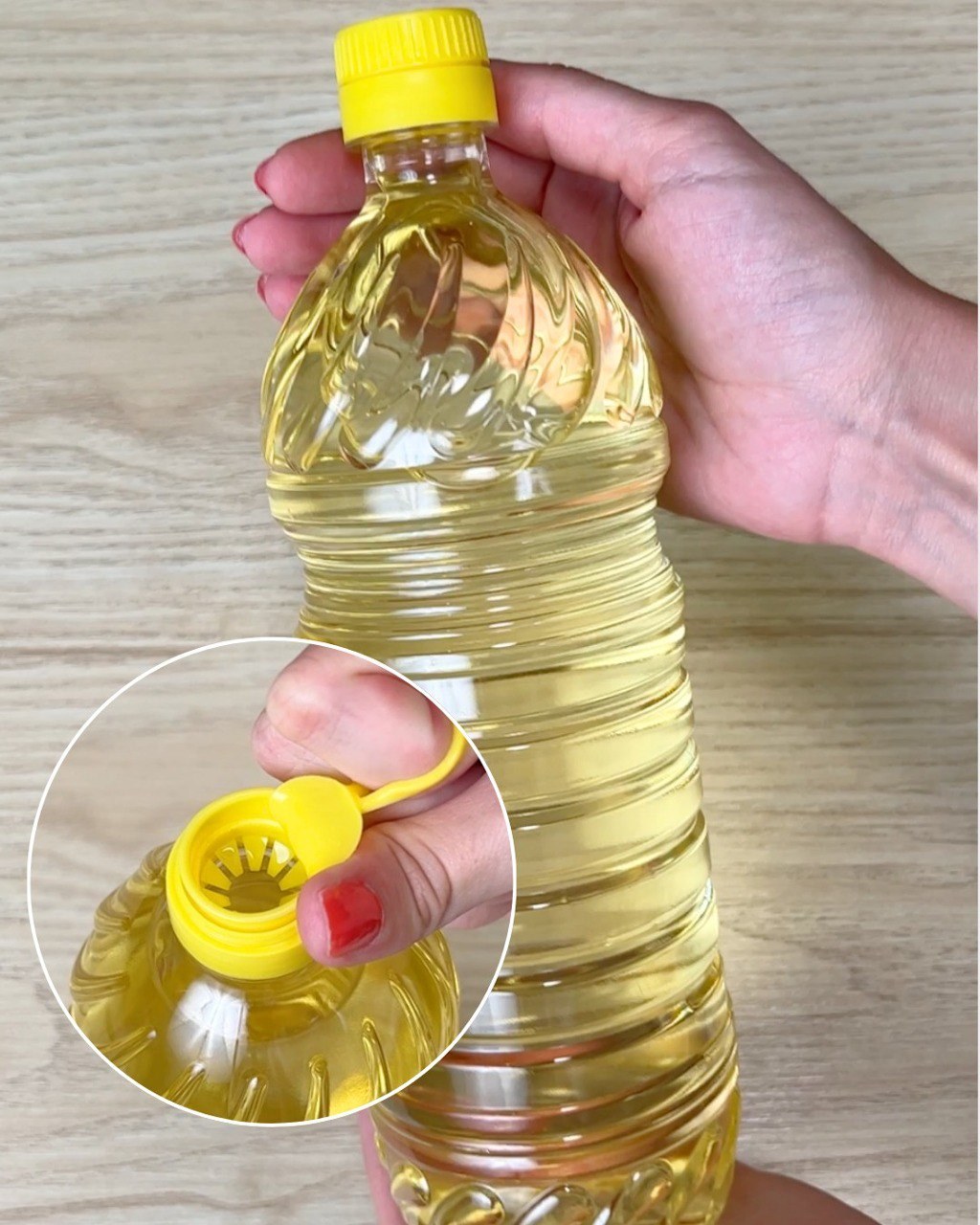We talk about seed oil, but it would be more appropriate to talk about « oils »: in fact, there are many varieties of this product. The differences between the main types depend, of course, on the seeds used. Some of the most well-known and widely used seed oil varieties include:
Sunflower seed oil: straw yellow, is made by processing the seeds of the flower; It contains polyunsaturated and monounsaturated fatty acids, especially oleic acid, which is important for heart health. It is suitable for frying vegetables, as it is particularly resistant and stable at medium-high temperatures (120-150 °C), although peanut seed oil remains the best option.
Flaxseed oil: An excellent source of omega-3, flaxseed oil is consumed fresh and raw, ideal for seasoning salads and vegetable dishes. Care should be taken when storing: it should be stored in the refrigerator to prevent it from going rancid.
Peanut oil: Made from the fattier part of the seeds, peanut oil has a sweet, pleasant flavor and is best suited for frying.
Corn oil: this is not really seed oil, but rather a « cereal » oil, corn oil is rich in vitamins, beta-carotene and heart-healthy substances. Recommended Uses: Raw to season salads and cold dishes, cooked for fried foods that do not require high temperatures.
Pumpkin seed oil: it has an intense and strong flavor that makes it pleasant even raw, pumpkin seed oil is rich in mineral salts, fatty acids and vitamins.
Soybean oil: bright yellow and with a delicate flavor, soybean oil is the most widely used variety in the world. Rich in omega-3 fatty acids, it is also good as a raw spice.
Palm oil: Also called palm oil, it is made from the inner core of the palm fruit. Unlike other seed oils, it has a higher concentration of saturated fats. It should not be confused with palm oil obtained by processing the pulp.
What about the oil of different seeds? This statement, which is required by law on the packaging, is a mixture of oils from different seeds. Cheap oil from different seeds, in particular, is also the least suitable for food purposes, precisely because it is not possible to determine with certainty which oils it consists of.
